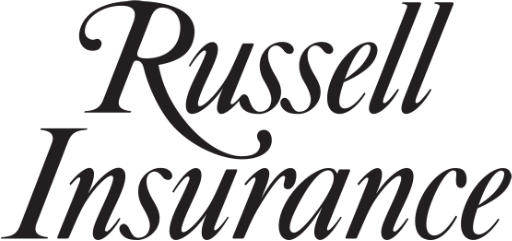
We all hope that the next storm to hit the Nutmeg State will not damage our property,
but its best to prepare by reviewing your homeowners insurance policy before you
need to file a claim. Coverages you may assume are included may be excluded in
the standard policy. Here are some possible ways a storm could damage your home and
corresponding lack of coverage:
Wind, Flood, and Hurricanes
High winds and flooding can cause extensive damage to a property. A standard
homeowners’ policy covers windstorm damage without triggering a hurricane
deductible. Policies do cover hurricanes, but some have a significantly higher deductible
(compared to the overall policy deductible).
The trigger for hurricane deductibles is when the National Weather Service
declares a hurricane that records winds of 74 miles per hour or greater anywhere
in Connecticut and the storm still is considered a hurricane when the eye of the
storm passes over any part of Connecticut.
However, even though the standard HO policy covers wind damage and hurricane
damage, the policy excludes flooding. In order to protect your property against
flooding, homeowners need to purchase a separate flood insurance policy. Even if you
reside outside a flood zone, you still can obtain flood coverage to further protect
your home.
Food and Temporary Housing
If your home is damaged by windstorm, your HO policy will cover additional
living expenses incurred while residing in a temporary location. However, federal flood
policies do not cover these additional living expenses. However, some policies provide
limited coverage for food spoilage losses.
Trees
When a tree falls as a result of a windstorm and strikes a covered structure, it is a
covered peril under the standard HO policy. This means the damage to the
dwelling caused by the tree is covered and the cost to remove the tree is covered.
However, the maximum amount paid for a removal of any tree is $500, regardless of
who owns the tree—you or your neighbor.
Additionally, coverage is extended for debris removal to situations in which a
fallen tree blocks a driveway or ramp for assisting a handicapped person, even when
a covered structure is not damaged. The policy deductible will be applied to the loss
payment though. If more than one tree falls on your house, the most the HO policy
will pay is $1,000 to remove all of the trees felled by the same event.

